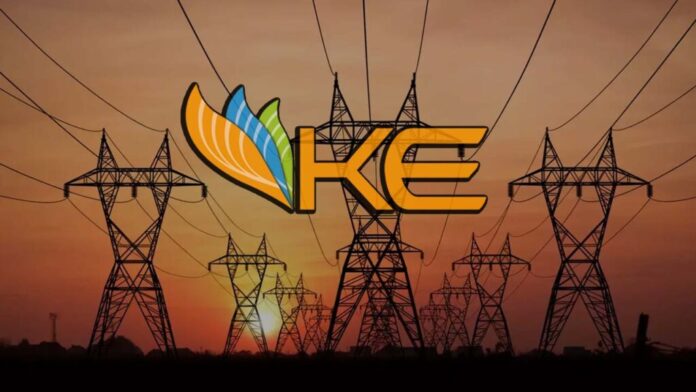The Board of K-Electric (KE) is likely to authorise the company to pursue international arbitration following a recent tariff determination by the National Electric Power Regulatory Authority (Nepra), which is projected to cost the utility about Rs200 billion annually, Business Recorder reported, citing sources.
The move follows Nepra’s October 15 decision to lower KE’s supply tariff by Rs7.60 per unit — from Rs39.97/kWh to Rs32.37/kWh — a change that the company warned could severely affect its financial stability.
Sources said KE Chief Executive Officer (CEO) already conveyed concerns to senior government officials, including Deputy Prime Minister and Foreign Minister Ishaq Dar. The issue is also expected to be discussed during Prime Minister Shehbaz Sharif’s upcoming visit to Saudi Arabia, which will include Power Minister Sardar Awais Leghari.
In a letter to the government, the KE CEO warned that the tariff cut would have “grave consequences” for the company’s cash flow, potentially rendering it unsustainable and threatening reliable power supply to Karachi. He estimated that every Rs1/kWh reduction in tariff translates to a Rs15 billion cash flow impact.
KE reported a net profit of Rs4 billion for FY2024. According to its projections, the new tariff could impose an additional Rs100 billion burden and push the company into losses, triggering debt covenant breaches and liquidity crises.
As of September 30, 2025, KE’s total outstanding loans stood at Rs253 billion — including Rs164 billion in local and Rs89 billion ($300 million) in foreign borrowings. The company warned that reduced cash flows could lead to defaults on financing agreements such as Sinosure and Hermes-supported facilities, and Sukuk repayments worth Rs42 billion.
KE further cautioned that its inability to meet obligations to suppliers like SSGC, PLL, and CPPA-G could disrupt Karachi’s power supply and affect industrial output. The company’s $2 billion investment plan through FY2030, aimed at strengthening transmission and distribution systems, also faces risk due to potential financing constraints.
The power utility said the downward revision would have “cascading macroeconomic implications,” undermining regulatory credibility, increasing sector borrowing costs, and discouraging future privatization of power distribution companies.
KE has urged the government to review the decision and invited independent verification by international audit firms or lenders, stressing the need for urgent intervention to prevent financial and operational instability.




